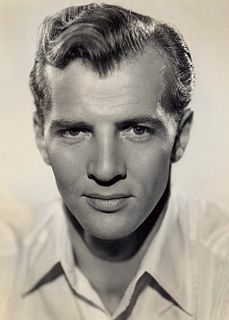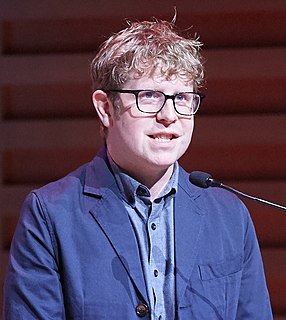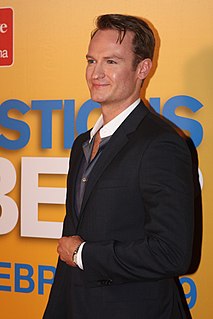A Quote by Aisha Tyler
One thing we do really well on Archer and one thing I've always tried to do in my comedy and my writing and my podcast is to never speak down to my audience.
Related Quotes
The difference when I'm writing a story versus writing a joke is that writing a joke is so much more about the structure and it's less about the conversation. To me, the thing that I love about stand-up is the intimacy between performer and audience.To get it even more conversational was something that really appealed to me and that I really enjoyed doing. My early experiments with it, with just telling a story from my life on stage, it was so satisfying to do. And seemingly for the audience as well. It's a different thing, and it's a different feeling and a different vibe.
The nice thing about live performance is that I've never, ever been let down. Partly I'm lucky that my audience self-selects itself. Generally they know what they're in for, and generally we all just like each other and get along. But I always find one or two or a dozen really interesting people in the audience who make the show different. And that's one of the things I really like about performing.
Writing for adults and writing for young people is really not that different. As a reporter, I have always tried to write as clearly and simply as possible. I like clean, unadorned writing. So writing for a younger audience was largely an exercise in making my prose even more clear and direct, and in avoiding complicated digressions.
We played a show the other week at this festival and it was an audience that I'd never normally play in front of. That's one the greatest things about festivals: you don't always get your audience, you get people who just pop in out of curiosity. The reaction was amazing; there were people dancing, which we've never had, I guess because the message is pretty powerful and the performance is a lot more visceral than it has been previously. The audiences seem to be reacting to that really well and it's a wonderful thing, because at a performance you really bounce off your audience.
The thing is when you're... well-enough known, you get asked to speak places, and they don't really think about whether or not you're qualified. They just want somebody that will be a drawing card for the audience. So it's up to you to decide whether or not it's foolish to get up and speak to these people.
I hope I never have to stop acting. I love it. But, I think the coolest thing about acting is working with these amazing people all the time, and writing represented a new way to meet those people and to tell stories, at the same time, which I've always wanted to do, and to tell jokes. I love comedy, so writing was a way of getting these jokes that I had down on the page.
I think I have always sort of cultivated a flowery writing style. I've always sort of over - written in every genre that I've attempted. I went to college and took a couple of writing classes and I remember my teachers were always incredibly encouraging. But it was inevitable to get the criticism: "Take it down a notch!" But the nice thing about screenwriting is that you don't really have to.




































